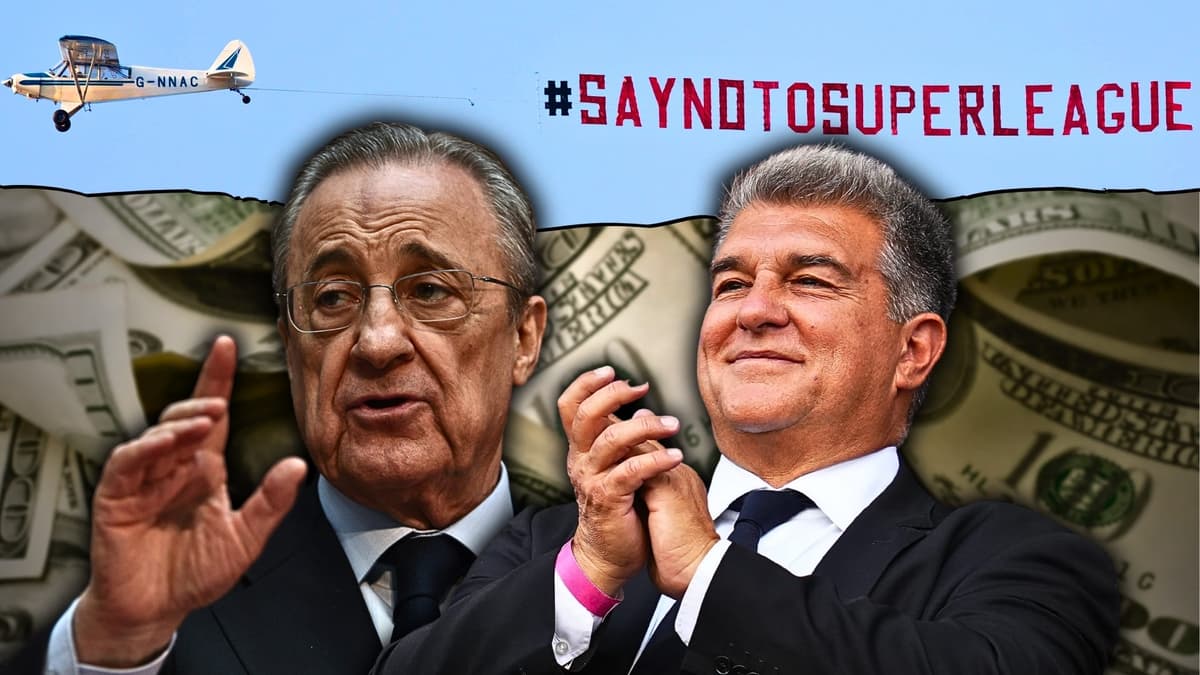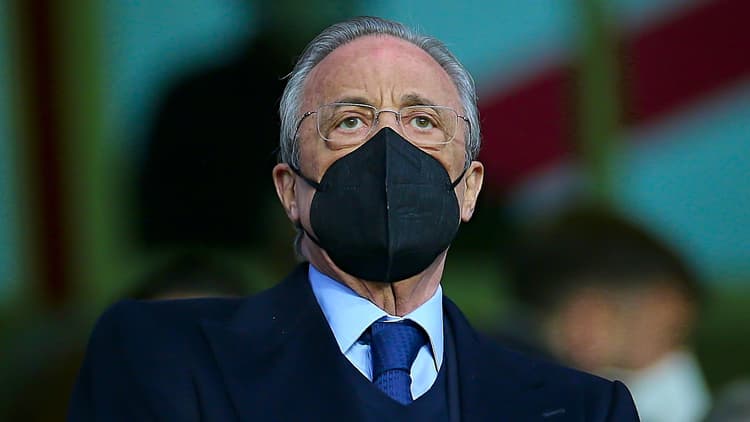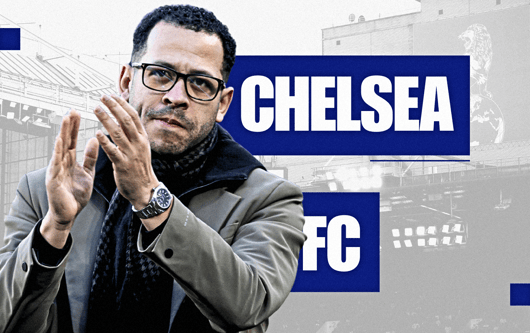-
News
- 1 hours ago
European Super League is a GO as Real Madrid chief hails 'new era'

The European Court of Justice has ruled that UEFA and FIFA can't legally stop the formation of a European Super League, paving the way for the latter's belated creation.
In 2021, several of Europe's biggest clubs, spearheaded by Barcelona, Real Madrid and Juventus, announced plans for the foundation of a European Super League to rival UEFA's Champions League. The original plans were of a closed, elitist European competition that was set to boost the income of the biggest clubs, including of Premier League sides such as Chelsea and Liverpool.
However, in what many felt was a remarkable victory of fan power, the plans ultimately had to be scrapped - or rather postponed - due to massive protests and threats of major sanctions from FIFA and UEFA. Two years on, the European Court of Justice has ruled that there is no legal basis for FIFA and UEFA to block the formation of the ESL.
This landmark ruling has paved the way for the belated creation of the competition, although it does not mean that this will necessarily happen nor will this new ESL be similar to the originally planned iteration.

Perez hails 'new era'
Given the threats of sanctions, the only two clubs officially left on board with the Super League project are Barcelona and Real Madrid. Juventus withdrew their participation in June 2023.
Backed by A22 Sports Management, the proposed new ESL will be an 'open' midweek competition with participation based on sporting merit. It will feature several divisions and promotion and relegation.
Real Madrid chief Florentino Perez hailed ECJ ruling as the "beginning of a new era," while A22 wrote on X: “We have won the #RightToCompete. The UEFA-monopoly is over. Football is FREE. Clubs are now free from the threat of sanction AND free to determine their own futures.” LaLiga, meanwhile, slammed the project on social media, calling it a "selfish and elitist model."
The new competition will feature 64 clubs divided into three leagues, the Star League, Gold League and Blue League. The Star League and Gold League will contain 16 clubs each spread over two groups, with the other 32 split into four groups of eight in the Blue League. The "League Stage" will see clubs play seven home and away matches from September to April.
The top four in the groups of the two highest divisions and the top two in the Blue League groups qualify for the knockout stages, which are essentially the same as in the Champions League. The clubs that finish bottom of their respective groups will drop down to the division below, with the top sides earning promotion.
20 out of the 32 Blue League clubs will depart the competition altogether, to be replaced by sides based on their domestic performance.



















